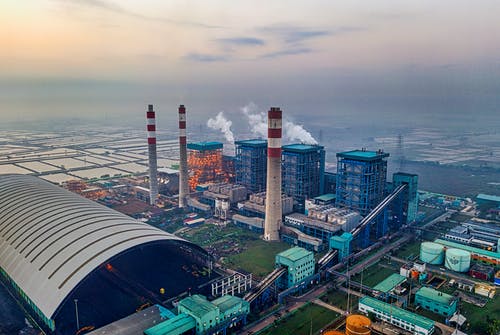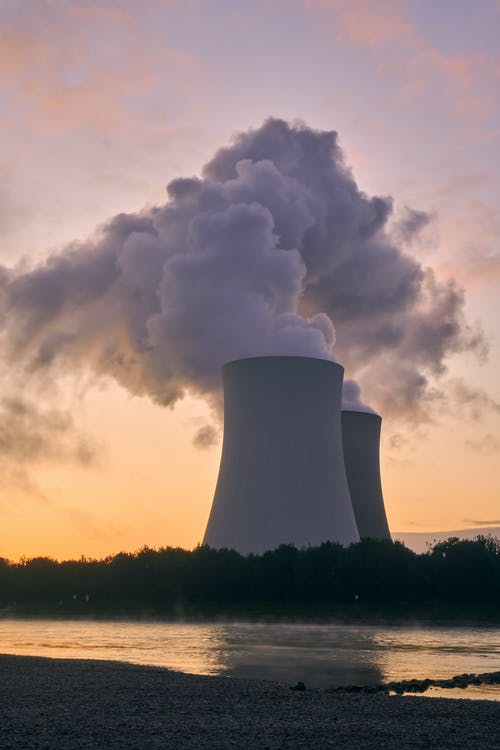The global energy markets are facing a crisis, following the COVID-19 pandemic as the demand for oil and gas keeps rising. This is a symptom of the larger energy crisis we face due to our dependency on fossil fuels. Our current energy generation methods use primarily fossil fuels and coal, which are harmful to the environment and finite in quantity. Earth’s fossil fuel deposits are expected to be exhausted in no more than fifty years which creates a pressing need for alternative power sources. The pandemic has caused a surge in prices for coal and oil due to the production in Europe and China halting. However, even if the current markets were to recover, there is still a rising global demand for energy which fossil fuels cannot sustain forever.

Europe has reportedly depleted their gas stocks which face increased demand during the colder seasons as people use air conditioning, central heating, and other solutions such as hot water service Ballarat. This demand for gas is expected to increase by up to 9% within the next four years which is significantly higher than the growth to be maintained for emissions targets. Since most of these energy sources emit carbon dioxide, about a fifth of the energy price increase can be attributed to the carbon dioxide price in EU’s carbon market.
Reduction in Energy Consumption
One way to combat the rising demand for energy is to use equipment or substitute for equipment that use alternative power sources or are more efficient with energy. This would reduce overall energy usage globally, but this is ineffective in the consumer level as most of the emissions and energy consumption can be attributed to industrial and corporate usage. Therefore, for energy reduction to have noticeable effect, it should be mandated by government policy. Examples include more efficient machinery and vehicles, lighting, air conditioning systems etc. The overall reduction of energy consumption can stall the current crisis but is not by itself a fix for the global energy crisis.
Alternative Energy Sources
The only long-term solution for the energy crisis is to move away from fossil fuels for energy generation into more sustainable and environmentally friendly energy sources. There are several contenders for this title and all of them have several drawbacks which prevent it from being the sole replacement. Moreover, corporations with interests in the coal and fossil fuel industry have been lobbying governments for decades to ignore the environmental issues and promote misleading material to sway public opinion against alternative sources. The primary example for this is nuclear power, which, despite being safer and more efficient than every other alternative currently available is feared and rejected by even those claiming to be environmentalists. This is also true of any development that attempt to threaten the commercial position of coal and fossil fuels.

Investment and research into the technologies of solar power, batteries, hydropower, nuclear, and wind power are required for the technologies to improve and become viable substitutes for fossil fuel and pass the political barriers that prevent them from doing so.
